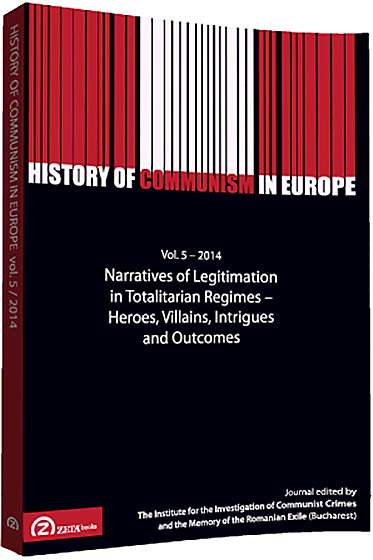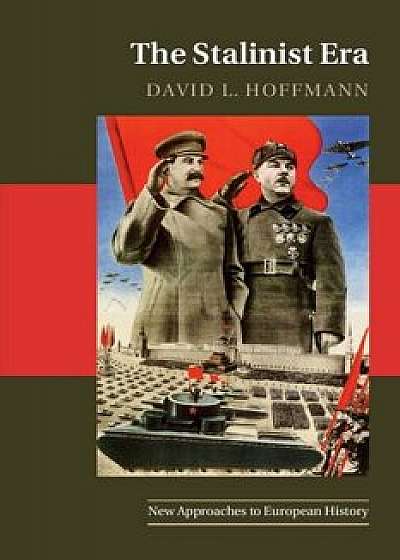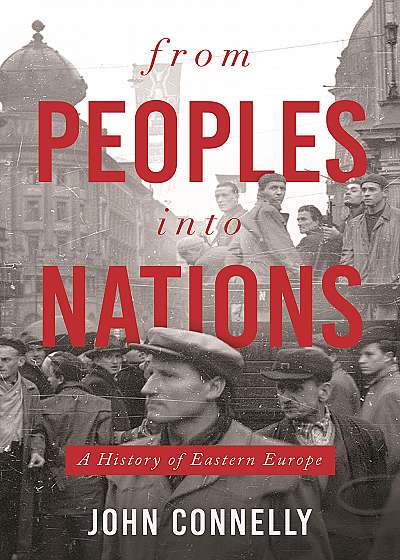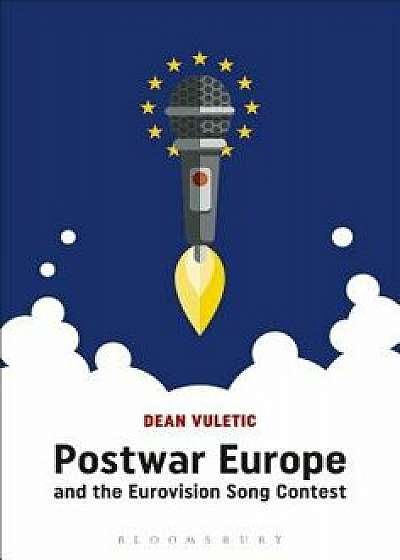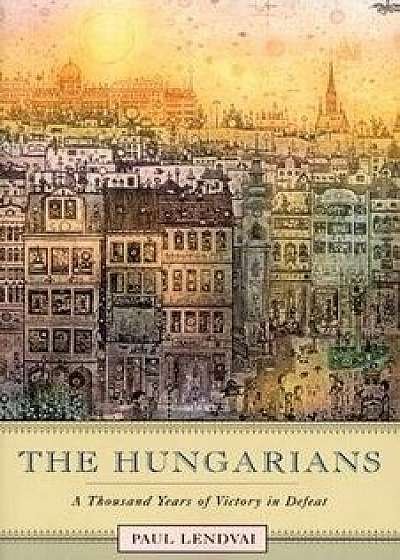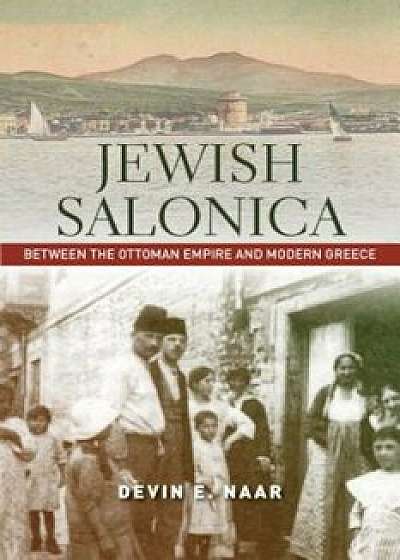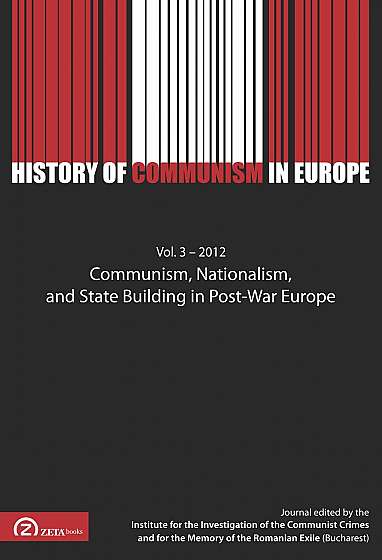
History of Communism in Europe: Communism, Nationalism and State Building in Post-War Europe
Descriere
The history of postwar that emerges from the contributions in the current issue of History of Communism in Europe reveals a thematic range that encompasses topics such as politics of communist state building and systemic centralization, minority policies, national artistic representations, internationalism versus patriotism, politics of culture, transnational exchanges, social integration, and continuities beyond the 1945 threshold. In no way do we pretend to have comprehensively covered the myriad complexities and paradoxes of the European postwar. But those topics discussed by the authors in this issue reinforce the conclusion that our current knowledge and information on the decades that passed since the end of the Second World War compels the research to strike out in new directions which no longer can be contained by the dichotomies of the Cold War. A continued historiographical emphasis on a continent divided along an East-West alignment does indeed tell an important story of Europe. It fails though to fully account for the entanglements and delimitations, isolation and integration, regional and imperial experiences which lay at the very core of Europe s postwar history. Such broader, dialogical, and more inclusive view of the last forty-fifty years of the twentieth century on our continent could also possibly facilitate a common memory of five decades which for so long has been interpreted along mostly divergent or opposite directions: democracy versus totalitarianism, (anti) fascism versus (anti) communism, or ultimately, as radical evil, Holocaust versus Gulag. In his contribution to the first volume of the Cambridge History of the Cold War, David Engermann remarked that the history of the Cold War was one of boundaries. However, this argument can be taken further. One could state that the postwar is a tale of how frontiers shifted and transformed to such an extent that the resulting momentous, but evolving, arrangements of society and individual, nation and state, local and regional, in-bloc and trans-bloc, bipolar or continental, ideology and post-ideology produced unexpected commonalities, lags, and expectations which define the Europe of today.
